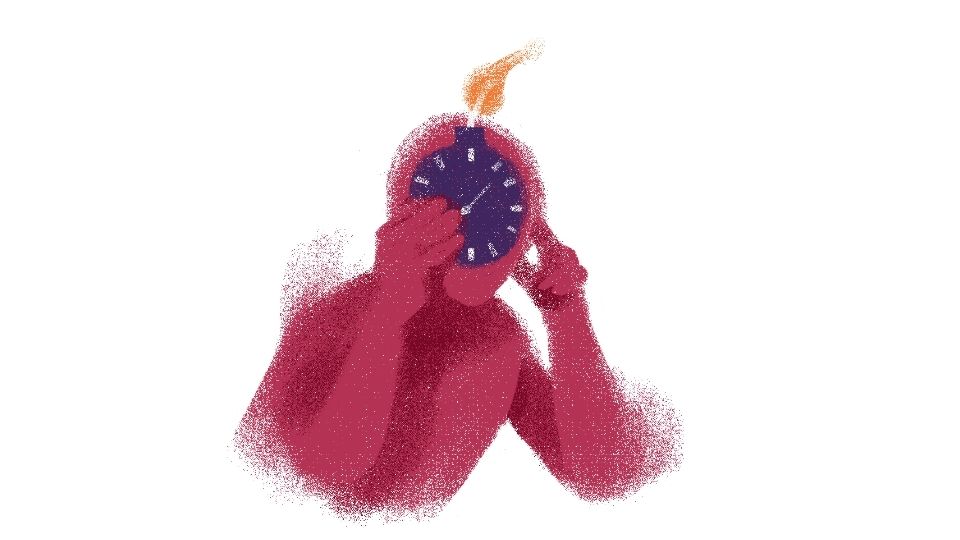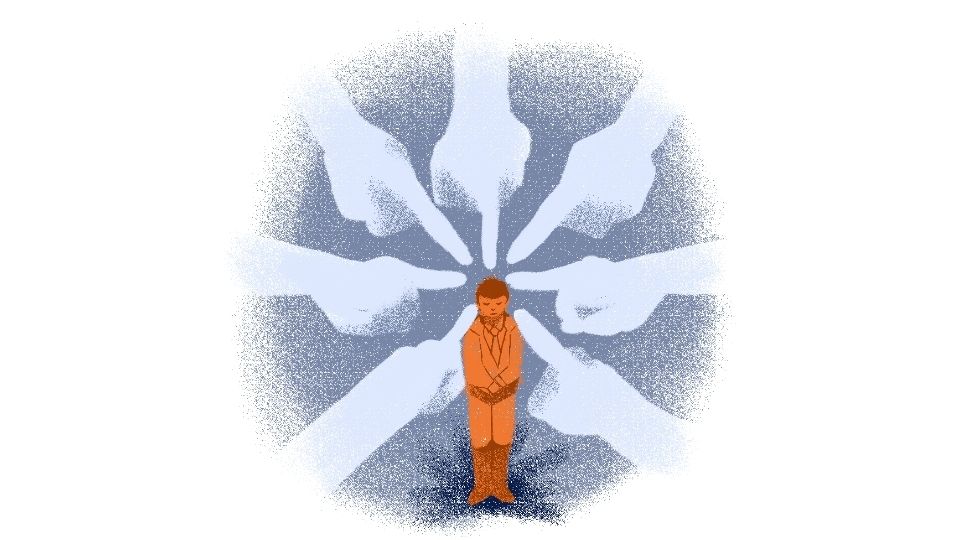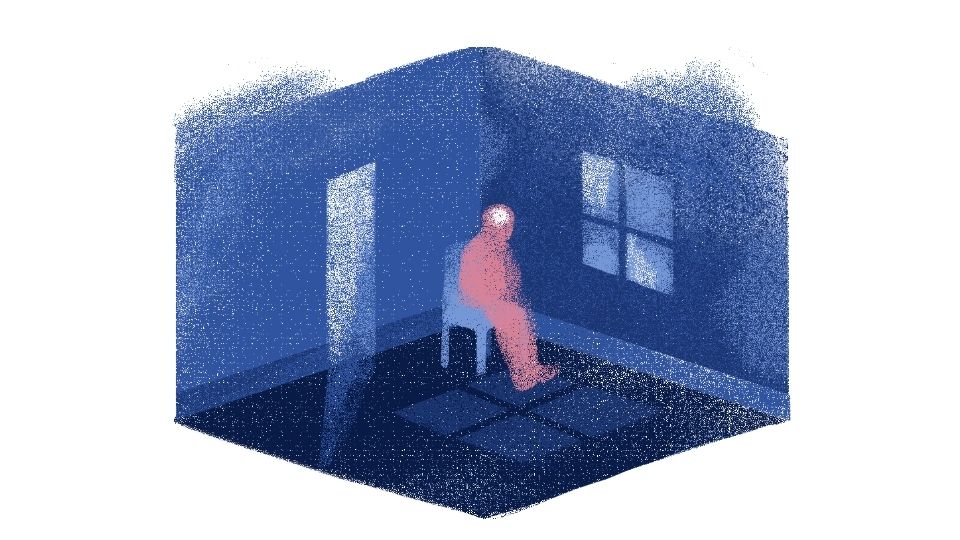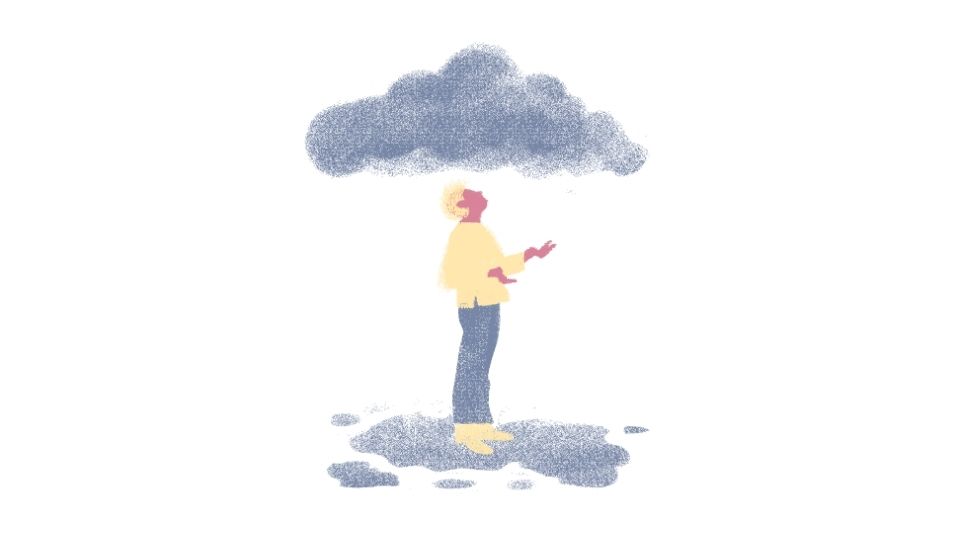When should you get help for those unwelcome thoughts and feelings?
We all have bad days and weird thoughts. That’s normal human stuff. But when do those feelings cross the line from “just having a rough patch” to “I might need to talk to someone professional about this”?
Let’s break it down in a way that actually makes sense. Because your mental health deserves the same attention as that weird mole you’d definitely get checked out.

When to Consider Professional Mental Health Support
You should probably talk to a mental health professional when your unwelcome thoughts or emotions:
- Stick around for weeks (not just a bad day or two)
- Mess with your daily life (can’t work, sleep, or function normally)
- Cause significant distress (like profound sadness or anxiety)
- Include thoughts about harming yourself or others
The Warning Signs You Shouldn’t Ignore

Emotional Red Flags
Your feelings are trying to tell you something when you experience:
- Persistent sadness or feeling empty inside
- Excessive worry that you can’t turn off
- Mood swings that are disrupting your relationships
- Irritability that’s out of character for you
Thought Patterns That Raise Eyebrows
Pay attention if you notice:
- Intrusive thoughts that keep coming back
- Feeling hopeless about the future
- Thoughts of suicide or self-harm (please get help immediately)
- Thinking that seems disconnected from reality
Behavior Changes Worth Noting
It might be time to reach out when you:
- Start to withdraw from friends and family
- Neglect basic self-care like hygiene or eating
- Turn to substances to cope
- Engage in risky behaviors that aren’t like you
Physical Symptoms (Yes, Mental Health Shows Up In Your Body)
Your body might be waving red flags if you experience:
- Sleep problems (too much, too little, or disrupted)
- Appetite changes (significant weight loss or gain)
- Unexplained aches and pains
- Constant fatigue that rest doesn’t fix
Why People Don’t Get Help (And Why You Should)
The truth? Many of us delay getting support because:
- We think it’s “just stress” and will pass
- We want to handle it ourselves (hello, stubbornness)
- We worry about what others might think
But here’s the deal: research consistently shows that getting professional help often leads to significant improvement. Just like you wouldn’t try to set your own broken bone, some mental health challenges need expert care.
What Kind of Help Is Out There?

Mental health professionals can offer:
- Therapy (different types for different needs)
- Medication (when appropriate)
- Coping strategies you might never discover alone
- A judgment-free space to work through your stuff
Psychologists and psychiatrists can provide accurate diagnosis and treatment plans tailored to your specific situation.
Supporting Your Mental Health Holistically

While professional help is crucial when needed, supporting your overall well-being includes:
- Physical activity – Even short walks can boost mood
- Sleep hygiene – Your brain repairs itself during sleep
- Social connections – Humans need humans
- Nutrition – What you eat affects how you feel
In fact, research from Harvard Health shows that diet quality can significantly impact brain health and mood regulation.
When to Get Help IMMEDIATELY

Don’t wait if you or someone you know:
- Has suicidal thoughts or intentions
- Is experiencing a mental health crisis
Resources like the 988 Suicide & Crisis Lifeline (call or text 988) provide immediate support.
Remember: seeking help isn’t weakness—it’s one of the strongest things you can do. Your brain deserves the same care as the rest of your body, and sometimes that means calling in the experts.




Leave a Reply